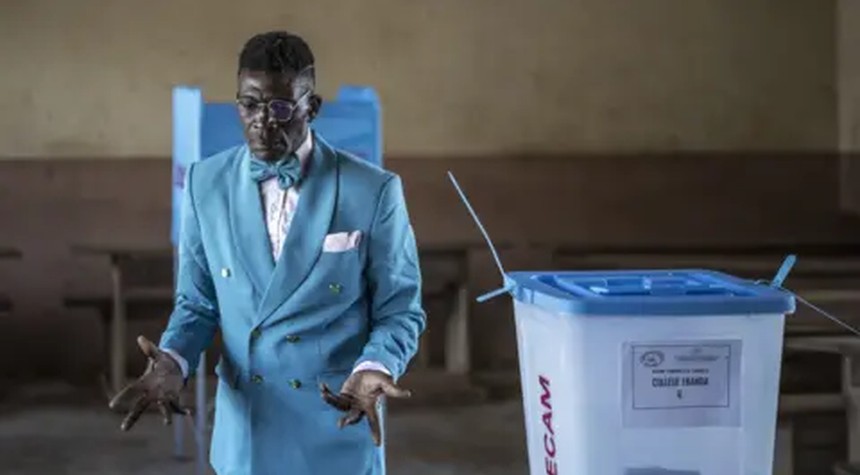The integrity of Cameroon’s democratic process faces a critical test as judges dismissed multiple petitions challenging the validity of the October 12 presidential election, setting the stage for what many conservatives view as another concerning example of entrenched power in Africa.
The Constitutional Council, staffed entirely by appointees of incumbent President Paul Biya, rejected eight separate petitions citing “insufficient evidence” of electoral irregularities. This decision comes despite widespread reports of ballot-stuffing and other voting irregularities that have triggered protests across major urban centers.
At 92 years old, Biya seeks to extend his 43-year grip on power with another seven-year term – a tenure that exemplifies the troubling pattern of perpetual leadership that has plagued many African nations. During the entire campaign period, Biya appeared at only one rally, raising legitimate questions about his capacity to govern effectively.
Opposition candidate Issa Tchiroma Bakary, 76, has taken the extraordinary step of declaring himself the rightful winner, claiming approximately 55% of the vote based on returns from 80% of the electorate. However, Bakary’s refusal to file formal complaints through the Constitutional Council – while understandable given the body’s clear conflicts of interest – potentially weakens his legal standing.
The situation bears striking similarities to other contested elections in developing nations where institutional independence remains questionable. The Catholic Church, a significant moral authority in Cameroon, has publicly urged the judicial panel to ensure their final verdict accurately reflects voter intent – a statement that carries substantial weight given the Church’s historical role in promoting democratic values.
This electoral crisis unfolds against a backdrop of existing security challenges, including an active separatist movement in Anglophone regions and ongoing threats from Boko Haram terrorists in the country’s Far North. The combination of political instability and security concerns presents a complex challenge for regional stability and American strategic interests in West Africa.
The Constitutional Council’s announcement of final results, scheduled for Monday, will likely prove pivotal in determining whether Cameroon maintains relative stability or descends into post-election chaos. This situation underscores the critical importance of supporting genuine democratic institutions and term limits in developing nations – principles that conservatives have long championed as essential for political stability and economic growth.
The outcome of this electoral dispute will undoubtedly influence not only Cameroon’s future but also set precedents for democratic processes throughout the African continent, where the struggle between entrenched power and democratic reform continues to shape political landscapes.
Related: Conservative Policy Shift: Thailand Enables Refugee Self-Reliance

